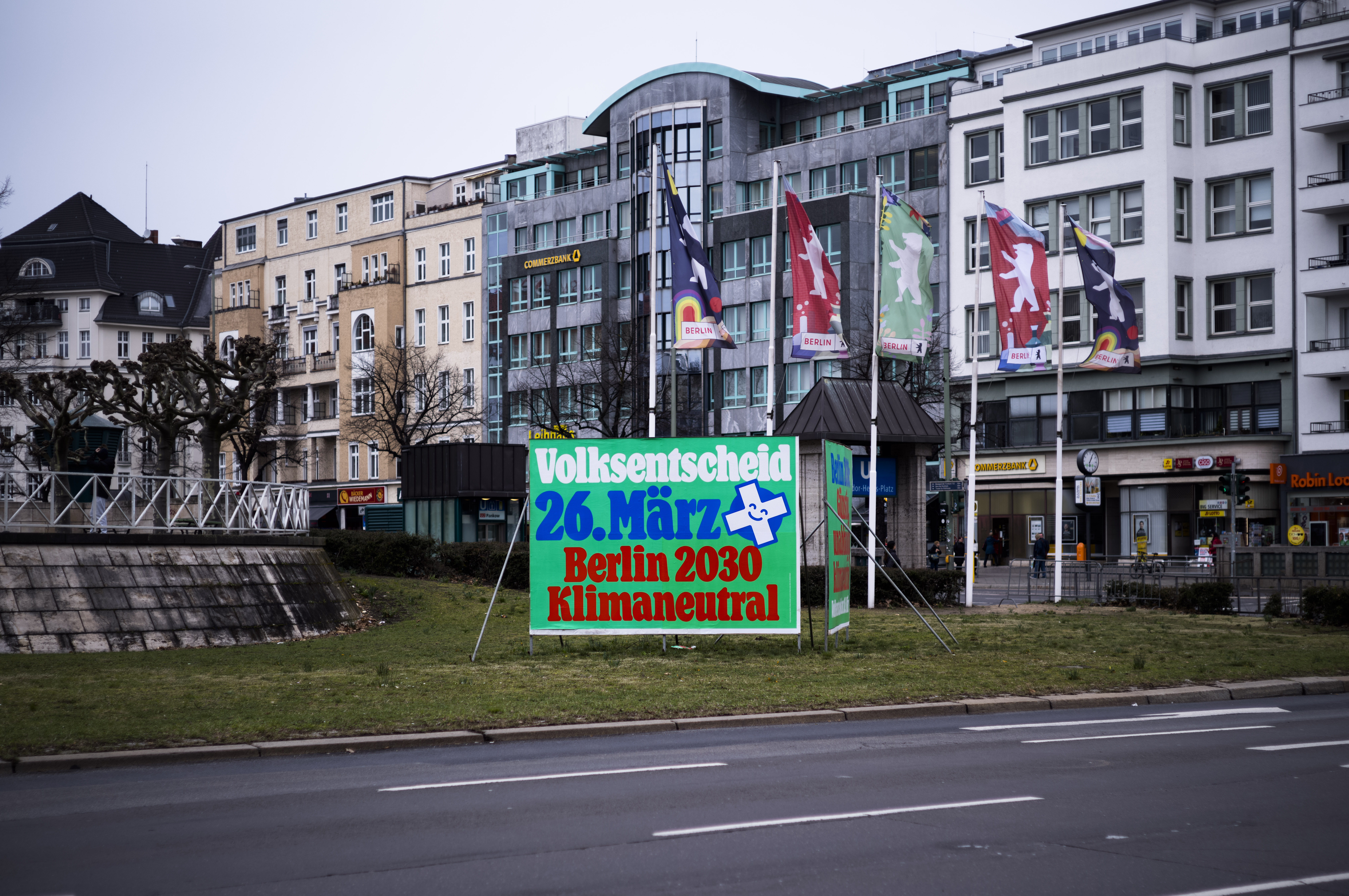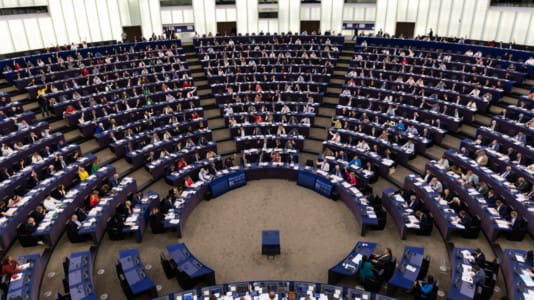A referendum held in Berlin on Sunday that would have legally bound the local government to ensure the city is carbon-neutral by 2030 has failed.
Around 442,000 people voted in favor and roughly 423,000 against the motion, garnering a small majority of those who headed to the polls. However, in order to pass, the measure needed both a simple majority in the referendum and the support of 25 percent of the city’s eligible 2.4 million voters.
The insufficient endorsement of the radical plan initiated by climate activist group Klimaneustart Berlin (Climate Reset Berlin), showed that Berliners considered the time frame too quick and unachievable, the city’s mayor Franziska Giffey said in a statement.
“We and the initiators and supporters of the referendum agreed that the fight against climate change is one of our central political tasks. We are aware of the urgency, even if the referendum has not received the necessary approval,” the SPD politician said on Monday.
“As the state of Berlin, we remain committed to the Paris climate protection agreement. We are working to make Berlin a climate-neutral city by 2045 as quickly as possible. Our Berlin Energy Transition Act is already one of the most ambitious climate protection laws in Germany and goes beyond the federal and EU goals for climate neutrality and the reduction of CO2 emissions.
“That doesn’t mean that where we can be faster and more ambitious, we won’t do the same,” she added.
“We will not let the critics and the whiners slow us down,” insisted German climate activist Luisa Neubauer in response.
The center-right Christian Democratic Union (CDU), which became the largest party in the state of Berlin in last month’s state election and is conducting coalition talks to form the next administration, had opposed the plans to speed up its climate ambitions.
“We have a responsibility for the affordability of this city, we have a responsibility for the security of supply as far as energy is concerned,” said Kai Wegner, Berlin CDU’s state leader ahead of the vote.
“I believe that the goals of the referendum go too far here. The goals cannot realistically be achieved by 2030,” he added.





